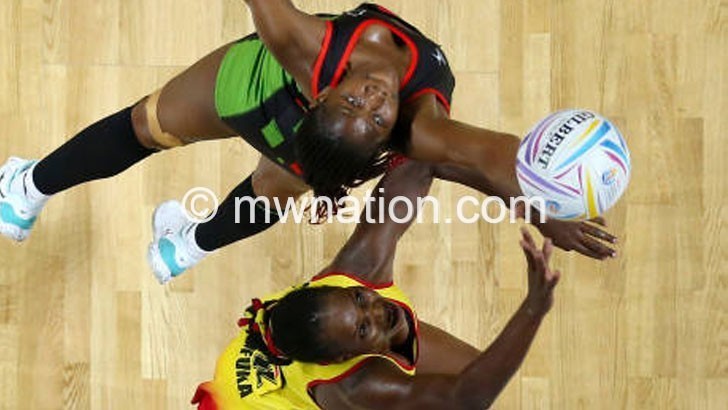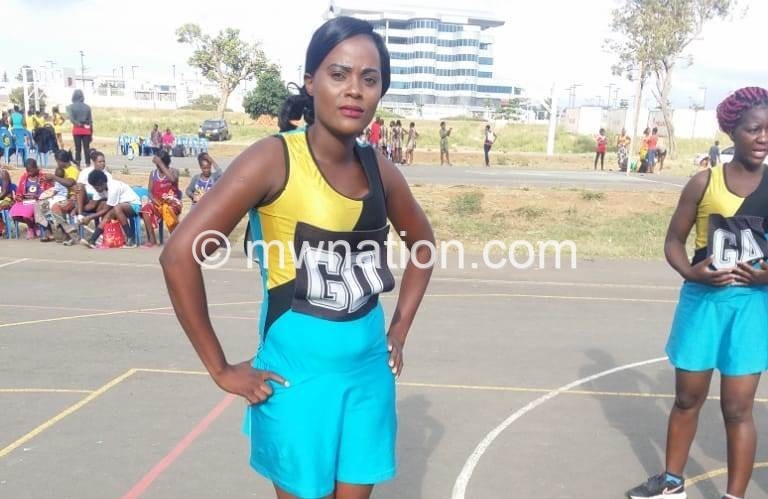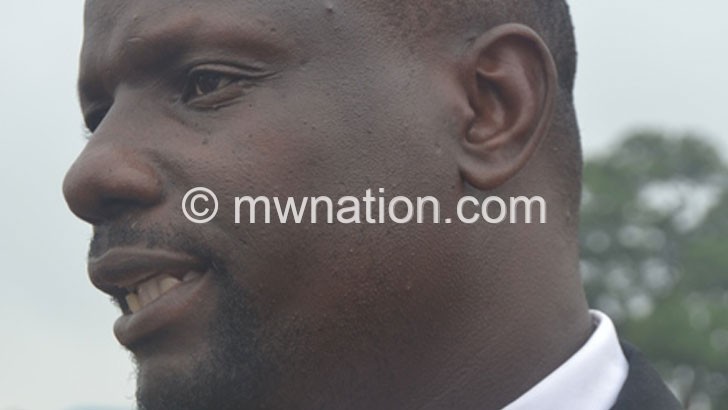Expatriate or local coach?
For the umpteenth time, the debate on whether an expatriate or local coach should take charge of the Flames resurfaced last week following Football Association of Malawi’s (FAM) revelation that government had advised them to hire a local coach due to lack of sufficient funds.
The issue of whether to hire a local or an expatriate coach has been a perennial debate not only in Malawi but in Africa as a whole.
However, from the Malawian perspective, history has shown that local coaches have performed better compared to expatriates in terms of achievements.

The Flames have only qualified for the continental showpiece—the Africa Cup of Nations (AFCON) —twice in 1984 and 2010 and on both occasions the feat was achieved under the tutelage of local coaches.
The late Henry Moyo guided the Flames to the Nations Cup in 1984 while KinnahPhiri steered the Flames to qualify for the 2010 campaign.
Moyo also led the Flames to qualify for the 1987 All Africa Games, but it was the pair of Reuben Malola and Matthias Mwenda who took charge of the team at the Games where the Flames wrote their own cindirella tale, defying the odds to finish third and win bronze.
They beat Egypt’s Pharaohs 2-1 for the first time in history and went on to see off Senegal 2-0 and Cameroon 3-1.
It was also under late Malola that the Flames won the East and Central Africa Senior Challenge Cup for the third time in 1988 after coming from behind to beat Zambia 3-1 at Kamuzu Stadium in Blantyre.
Realistically, the only expatriate coach who achieved success was the late Ted Powell who guided the Flames to back-to-back East and Central Africa Senior Challenge Cup in 1978 and ‘79, but many pundits claim that he took over after Brazilian Wonder Morreira had already built up the team.
Over the years, Malawi has had a fair share of expatriate coaches such as German Burkhard Ziese, the Dane Kim Splidsboel and Englishmen Stevie McRay, Danny McLennan, Alan Gillett, Michael Hennigan and Stephen Constantine that have not brought any success.
In fact, it was under some of the expatriates that the Flames’ slipped to shocking depths on Fifa/Coca Cola world rankings, notably in 2007. This is despite hefty packages that are offered to them in salaries and benefits.
While some argue that all established local coaches have been tried and tested and that it is time to look beyond the borders again, soccer analyst and former FAM general secretary Charles Nyirenda argues: “If we trust and invest in local coaches, we should be able to achieve success.
“The success achieved by the likes of Moyo, Kinnah and Malola is enough testimony that given the necessary support like sending them abroad for attachments to football clubs for spells stretching between six and 12 months, to allow them to master how players are developed from youth phase through adult stage, we should be able overtime to see a ripple effect in terms of significant improvements in soccer standards at various levels.”
Nyirenda also argues that the tendency of deploying expatriates has no long-term gains.
“You only get synthetic benefits that have a very short lifespan. Afterall, why should we rely on foreign technical expertise in soccer 51 years since independence, when in other development spheres, our own are thriving in academia, banking, business and so on? Lack of belief in our own might as well be a reflection of colonial sub-mentality,” said Nyirenda.
But veteran football commentator and former Sports minister Moses Dossi believes all the local coaches have been tried and tested and it is time to consider an expatriate.
“Otherwise, we will keep on recycling the same coaches. I think we should hire a quality coach, and mind you, they don’t come cheap, so that up-and-coming coaches such as Ernest Mtawali, Patrick Mabedi, John Maduka, Gerald Phiri and Elia Kananji can understudy him with the view of taking over the mantle at a later stage.
“But as it is now, the likes of Mtawali, Mabedi and Gerald are still learning the ropes on international stage,” said Dossi.
Prior to 2010 Fifa World Cup, Kinnah told BBC Sport: “It’s not fair for us African coaches not to be given a chance to run our own national teams because in the first place most of us are well trained, I trained in Britain; I think it’s just because of our own mentality as Africans that we do not believe in our people.”
And in the run-up to Afcon 2013, Recently sacked Nigeria’s coach Stephen Keshi criticised African football associations for their preference for white coaches.
Keshi told BBC Sport that expatriate coaches from outside Africa are not doing anything that African coaches cannot do. “I am not a racist, but that’s just the way it is.”
He added that African FAs favour overseas coaches over African: “You tell a white person they need a year to adapt, to know the country and the players–they are told ‘don’t worry, take your time’, the same cannot be said of an African. That is unprofessional and is one thing that is killing African football.”
Keshi went on to lead the Super Eagles to win thecontinental crown. Egypt is the most successful football team in the Afcon history; it has won the trophy seven times, mainly with local coaches–take the recent three successive victories (2006, 2008 and 2010) when Hassan Shehata was in charge.
However, not all expatriates have been a disappointment in Africa. HerveRenard guided Zambia and Cote d’ Ivoire to win the 2012 and 2015 Africa Cup of Nations respectively.
FAM president Walter Nyamilandu was quoted by BBC Sport as saying: “We have tried and tested most of the coaches and the remaining ones won’t be good enough for us to find the right candidate.
“The job is very demanding and the expertise is very rare locally.”





